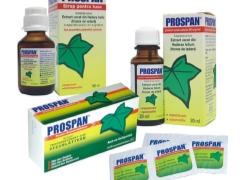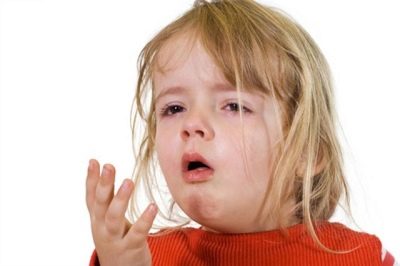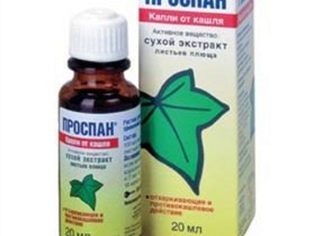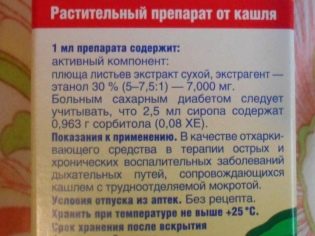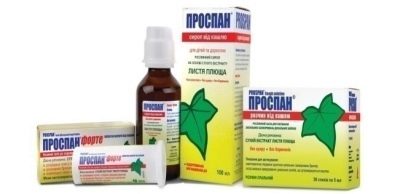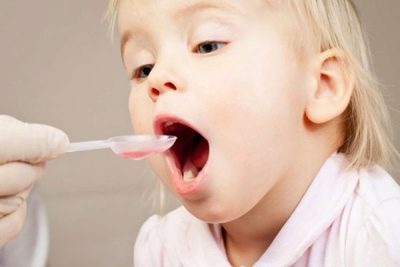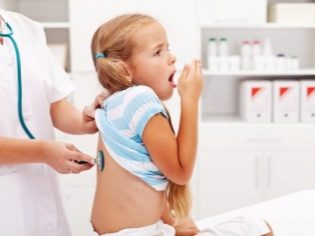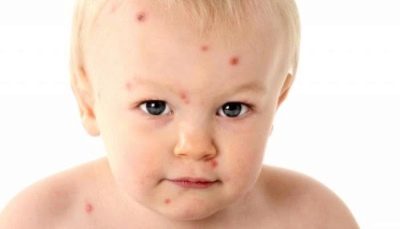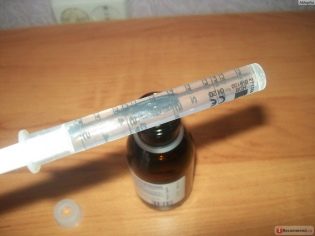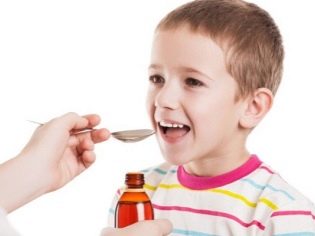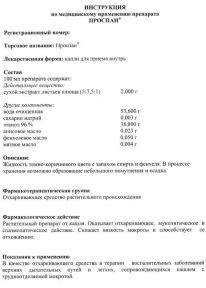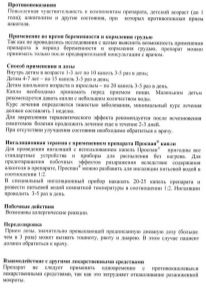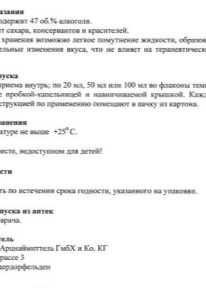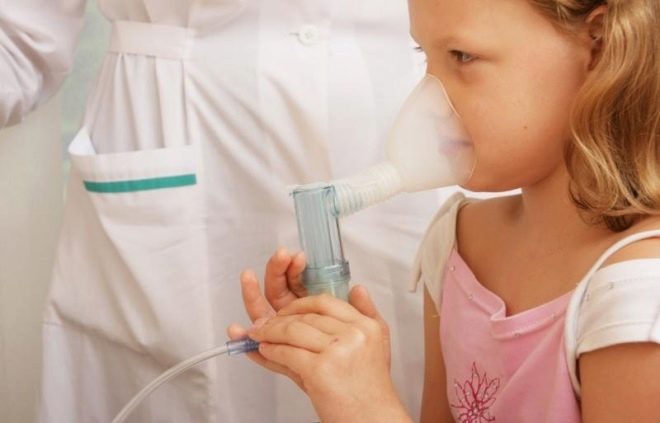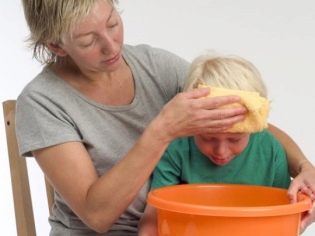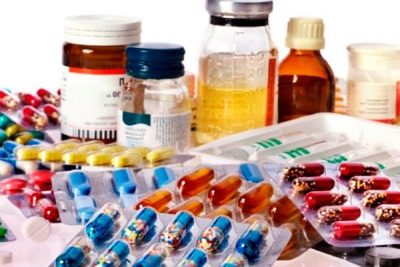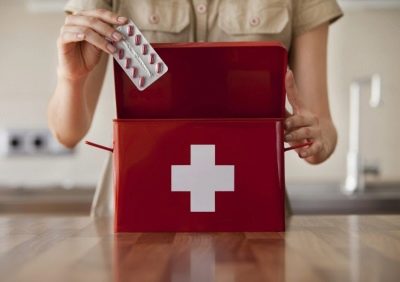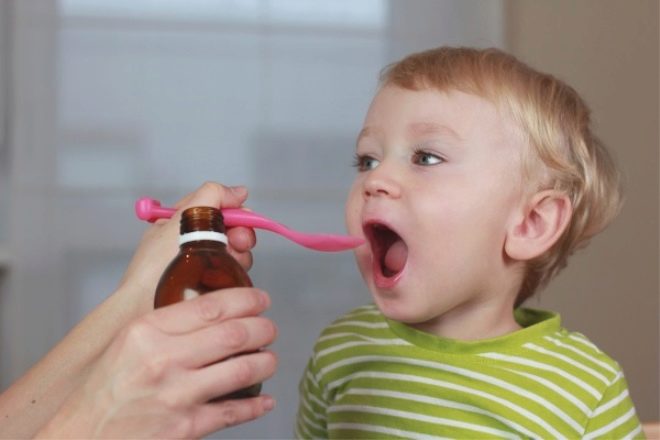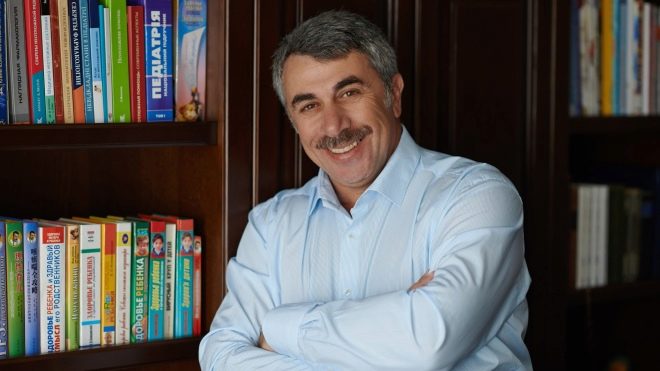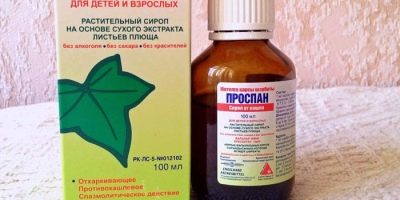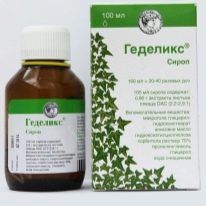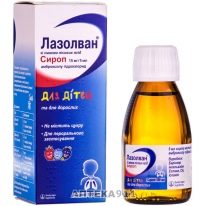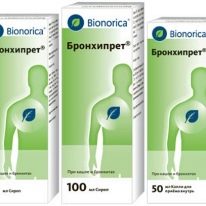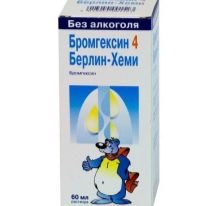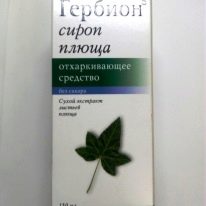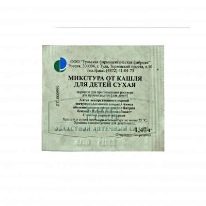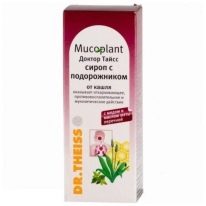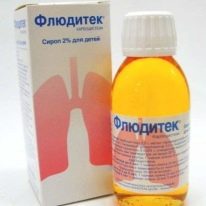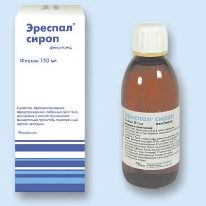Prospan for children: forms of release and instructions for use
Cough is a common symptom of diseases of the respiratory system. This is a protective reaction of the body, which is undesirable to suppress. Its task is to clean the bronchi from pathogens of infections and toxins. However, spasms and a too viscous secret interfere with such cleansing.
To help cough to perform its natural function, use expectorants. One of them is Prospan - an effective herbal preparation, which is prescribed to both adults and young patients. How does it affect the respiratory tract, in what doses is it given to children and what drugs are its analogues?
Release form
Prospan is a product of the German pharmaceutical company Engelhard Arzneimittel, which releases it in two forms.
- Syrup. This medication is sold both in dark glass bottles containing 100 or 200 ml of the medicine, and in 5 ml portion bags (this product is called Prospan sachet and is represented by a box with 21 bags). The syrup has a brown tint, it is normally slightly cloudy, and when it is stored there may be a precipitate. It tastes sweet and smells like fruit (in bags) or cherry (in a bottle).
- Drops. This form of Prospana is more liquid, its color is dark brown, and the smell is alcohol-fennel. Drops are placed in glass bottles with a stopper in the form of a dropper. In one vial can be 100, 50 or 20 ml of medication.
Composition
The main component of all forms of Prospana is the extract obtained from the leaves of climbing ivy. This is a dry extract, for the extraction of which 30% ethanol is used, but in the process of making the syrup the alcohol volatilizes, so this form does not contain alcohol, like sugar or dyes.
The concentration of the extract in 1 ml of syrup is 7 mg. Each bag contains 5 ml of medication at once, contains 35 mg of extract.
For a sweet taste, long-term storage and a liquid state, sorbitol, citric acid and xanthan gum, as well as water and potassium sorbate are added to such a medicine. The syrup inside the sachet also contains levomenthol. For a pleasant smell in the product flavors are added.
Unlike syrup Prospan in drops contains 96% ethyl alcohol. The dosage of ivy extract in this form of the drug is 0.02 g per 1 ml (30 drops). In addition, the composition of the drops includes saccharin sodium, water and oils from peppermint, anise and fruits of fennel.
Operating principle
The extract from ivy in the composition of Prospana has the following properties:
- Mucolytic. The drug reduces the viscosity of sputum that forms in the respiratory tract. It becomes more liquid, but practically does not increase in volume.
- Expectorant. Prospan facilitates the separation of liquefied sputum and makes cough productive (wet).
- Antispasmodic. The drug affects the bronchi and expands them, preventing their spasms and constriction.
Also, the drug has some anti-inflammatory and antimicrobial effects.
Indications
The reason to assign Prospan to the child is a cough, which is called unproductive. It is painful because of very viscous sputum, the child coughs strongly and cannot sleep properly.
The drug is in demand in children with bronchitis, tracheitis, pharyngitis, pneumonia, laryngitis, acute respiratory infections and other diseases.
It can be given as in chronic pathologies, as well as in acute inflammation.
How old is allowed?
Prospan Syrup is a safe drug that is prescribed from birth. It can even be given to an infant if it is indicated. Since Prospan sachet bags are not stored after opening, this form of medicine is prescribed to children over 6 years old.
As for Prospan in drops, their ingestion is contraindicated in children younger than a year, and inhalations with this drug due to the increased risk of laryngism are not indicated until the age of two.
Contraindications
Common to both forms of the drug is a contraindication of hypersensitivity to any ingredient of the drug. Syrup is also not prescribed for fructose intolerance and some other problems with the digestion of carbohydrates.
Inhalations with drops are unacceptable for children with asthma and a tendency to laryngospasm.
If a small patient had a head injury or a brain disease, it is necessary to prescribe Prospan in drops with extreme caution. Doctor's control is also required when using drops in babies with liver pathologies.
Side effects
Due to the plant base, Prospan can cause an allergic reaction. In this case, the medication should be immediately canceled. In addition, sorbitol in the composition of the syrup when using this form can cause thinning of stool in some children.
Instructions for use
For the dosing of the syrup, a measuring cup attached to the bottle is used, and Prospan in the drops is dripped into a spoon and given to the patient undiluted. However, if the child is small, it is permissible to mix the remedy with a small amount of water, which should not be hot. To make it easier to give the drug to the youngest children, you can use a syringe without a needle.
It is recommended to shake both the drops and the syrup so that all the components of the medicine are distributed evenly in the liquid.
If Prospan sachets are used, the bag should first be stretched with fingers, then opened and given to the child. Take medication is best before meals.
As for the dosage of the drug in childhood, it will be like this:
- Kids up to a year give only Prospan in syrup in a single dose of 2.5 ml. The frequency of taking this medication - twice a day.
- 1-3 year old child syrup is discharged in the same single dose (2.5 ml per reception), but it can already be applied three times a day. At this age, drops can already be prescribed - they are taken 3-5 times a day at a dose of 10 drops per reception.
- 3-6 years old children give three times a syrup 2.5 ml a day, and drops - from 3 to 5 times a day at a dose of 15 drops per application.
- For patients over 6 years old single dose of syrup is 5 ml. They can give not only the drug from the bottle, but also one sachet at the reception. The frequency of application - 3 times a day. As for drops, from the age of seven their single dosage may increase to 20 drops.
The duration of Prospan is determined by the physician, taking into account the course of the disease, but the minimum duration of therapy is 1 week.
If the symptoms of the disease have passed, the remedy is advised to continue taking a few more days to consolidate the action. If a child drinks syrup or drops for 2-3 days and his condition does not change or worsens, you should consult a doctor and change the treatment.
Inhalation
With a dry cough, the doctor may prescribe Prospan in the form of inhalations, which, like taking the medicine by mouth, help make the sputum less viscous and speed recovery. Procedures require a nebulizer.
Inhalation can be carried out only with Prospan in the form of drops. This medication is poured into the nebulizer chamber at a dose of 20-25 drops, and then pure water is added to it (the dilution is 1: 2). Procedures are carried out 3-5 times a day.
Overdose
Excess doses of any form of the drug leads to the appearance of loose stools, an attack of vomiting or severe nausea. Such symptoms were noted if the amount of syrup drunk by the child exceeded the recommended dosage by 3 times. In such situations, the tool must be canceled and show the child to the doctor.
Compatibility with other drugs
Prospan should not be used with drugs acting on the cough reflex. Such a combination of medications will worsen the condition of a small patient, since Prospan will thin the sputum, and the antitussive will become an obstacle to its removal from the bronchi.
The use of Prospan with antiviral or antibacterial agents is permitted.
Features of sale and storage
Both variants of Prospan are non-prescription drugs, so they are commercially available. On average, for 20 ml of drops you need to pay from 300 to 340 rubles, a bottle of 100 ml of syrup costs about 400-450 rubles, and the price of one box of Prospan sachet is about 540 rubles.
Storage of the drug in any form is recommended by the manufacturer at a temperature below +25 degrees. For storage, it is necessary to choose a dry place in which children will not find the drug, because of its sweet taste, overdose is possible for children with easy access.
If the drug has become cloudy or its taste has changed a little, this is considered normal and does not affect Prospan’s healing properties.
The shelf life of the syrup is 3 years, drops - 4 years. Such restrictions apply to sealed preparations and opened drops. However, after the first use of the syrup produced in the bottle, it is permissible to store it for no longer than 3 months.
Reviews
On the application of Prospan in children there are a lot of positive feedback. According to parents, the drug has a fairly quick action and helps get rid of cough in a few days.
Syrup is especially praised, because this drug without alcohol is permitted even for babies and rarely causes unpleasant side effects. Mothers of schoolchildren prefer sachet, calling the packaging of this form of Prospan the most convenient, because such a tool does not need to be diluted or dispensed, but only need to open the bag and drink.
Prospan in drops also receives good reviews from parents and pediatricians, including from Dr. Komarovsky. Its advantages are called natural basis, economical consumption and the possibility of long-term storage. In addition, only this drug can be poured into a nebulizer and used for inhalation. Most children like the taste of both forms of medication.
Among the minuses of syrup is usually called its high cost (because of this, many mothers are looking for an analogue cheaper) and reducing the shelf life after opening the bottle. The main disadvantages of drops are the presence of alcohol in the composition, the risk of allergies and the difficulty in determining how much solution remains inside the bottle, since it is made of dark glass and completely sealed with a label.
Analogs
If Prospan cannot be used, it is possible to replace such a medicine with another agent with a similar therapeutic effect. Among the effective analogues are herbal preparations and medicines with a different composition.
- Gedelix This is a drug similar to Prospan, since it also includes dry ivy extract and comes in two forms - drops and syrup.
- Lasolvan. Such a drug based on ambroxol, represented by a solution or syrup, can be used at any age, even with prematurity. It may also be replaced with other ambroxol-containing drugs (Ambrobene, Flamed and etc. ).
- Bronchipret. This syrup contains 2 plant extracts at once - from ivy and from thyme. This medicine is used in children older than 3 months. There is also Bronchipret in drops, but it contains higher concentrations of extracts, so it is prescribed from the age of six.
- Bromhexine. This syrup is effective for dry cough and, when indicated, can be used from birth. The drug is also represented by a solution that can be drunk and used for inhalation.
- Herbion ivy. This is another analogue of Prospana, including ivy extract. This syrup is used in children older than 2 years.
- Dry Cough Syrup. This medicine, in which there are several active ingredients, is available in bottles and sachets in a dry form. After dilution with water, such a drug is allowed for children of any age.
- Dr. Theiss. This syrup affects sputum due to plantain extract. It is prescribed to children older than 1 year.
- Fluditec. The basis of this syrup is carbocysteine. Medication prescribed for cough from 2 years of age and can replace syrups Bronchobos or Libexin Muco containing the same active ingredient.
- Erespal. This syrup based on fenspiride helps eliminate inflammation and spasms in the bronchi. It is used in acute laryngitis, pharyngitis and other diseases in children older than 2 years.
Dr. Komarovsky will tell you about the cough and its proper treatment in the next video.
